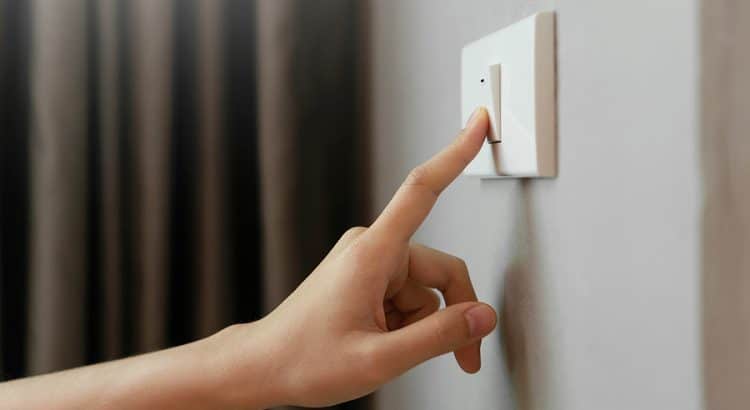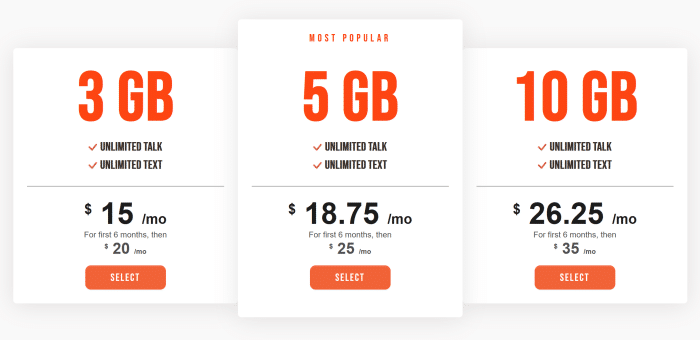T-Mobile has been moving towards phasing out its 3G network for some time, but until recently, the company had not committed to a specific date. In a recently published webpage, T-Mobile shared a deadline of July 1, 2022 for shutting down its native 3G network. Here’s an excerpt from the page:
- As of January 1, 2022 Sprint’s older 3G (CDMA) network will be retired
- As of June 30, 2022 Sprint’s LTE network will be retired
- As of July 1, 2022 T-Mobile’s older 3G UMTS network will be retired
We’ve also shared that we plan to retire T-Mobile’s older GSM 2G network as well, but no date has been set. We will update this page with any additional information in the future.
With T-Mobile’s latest announcement, all of the major US networks now have dates set for their 3G phase-outs. I won’t be shocked if one or more of those dates are pushed back.
Credit to Mike Dano of Light Reading who tweeted and posted about this topic.












